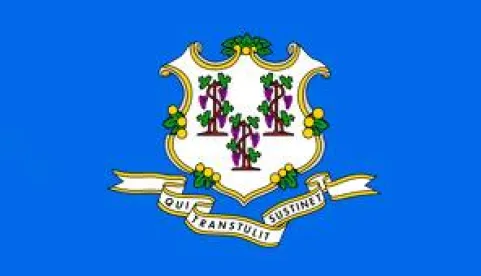The Connecticut Department of Labor (CTDOL) has issued new and revised regulations regarding the state’s tip credit law. The final regulations greatly clarified some aspects of the existing regulatory language that had led to many class action lawsuits against Connecticut restaurants.
The most significant revisions to the regulations are the following:
-
The weekly tip credit attestation does not require an actual written signature by hand. Instead, the attestation may be obtained through an electronic acknowledgment or a Point-of-Sale (POS) system. Moreover, the attestation may be accomplished on a daily, weekly, or biweekly basis. In addition, employers may include the specific “tip credit” amount as a separate item in “a” wage record, meaning any wage record maintained by the employer. Furthermore, clarifying that the tip record regulations are not intended to be a litigation trap, the regulations state that an employer need only provide “substantial evidence” an employee received enough in tips to cover the tip credit.
-
The duties “incidental to service” for which a tip credit may be taken have been clarified. The final regulations identify duties such as cleaning drink stations, rolling silverware, stocking side stations, garnishing and decorating dishes in preparation for serving, filling condiment containers, and setting up food stations as those “incidental to service” for which the employer may take the tip credit. Previously, the CTDOL website provided a much narrower list of such duties, and although the listed duties were meant to serve only as examples, some courts had construed the examples as being an exhaustive list.
-
Segregation of service from non-service work is required only if the employee spends more than two hours per day or 20 percent of their shift (whichever is less) performing non-service work.
-
Employers must pay full minimum wage for opening or closing sidework duties when the restaurant is closed to patrons.
Employers must follow not only these new Connecticut regulations, but also the regulations set forth under the federal Fair Labor Standards Act. Moreover, the Connecticut law on which the new regulations were established requires the Labor Commissioner, within 30 days of the adoption of the new regulations, to conduct random wage and hour audits of tipped workers in at least 75 Connecticut restaurants. Thus, employers should ensure they are in compliance immediately.




 />i
/>i

